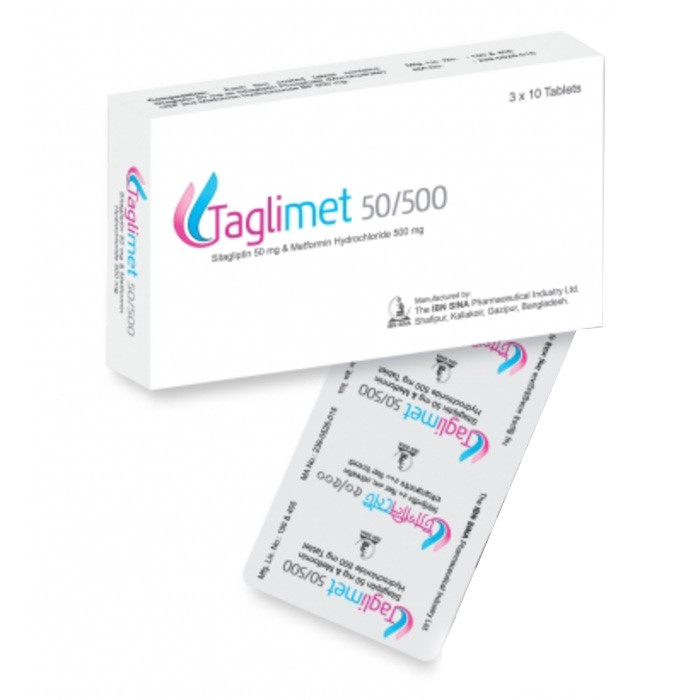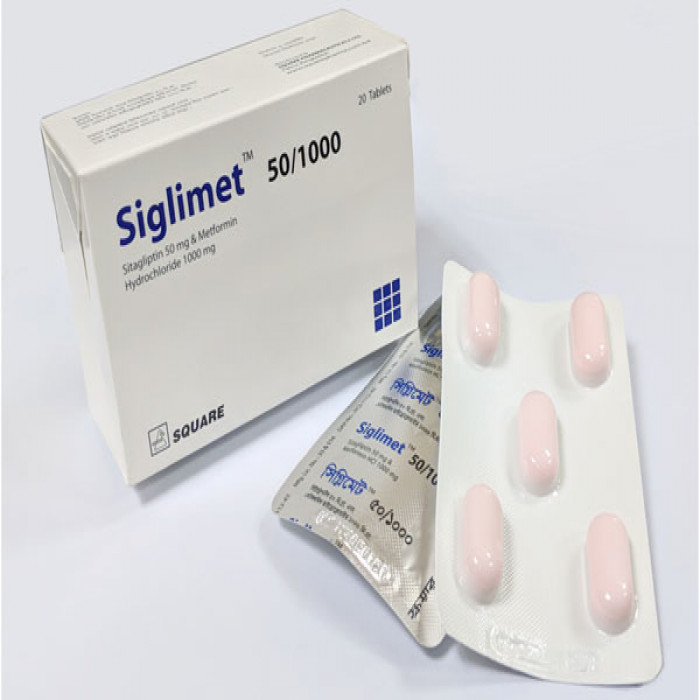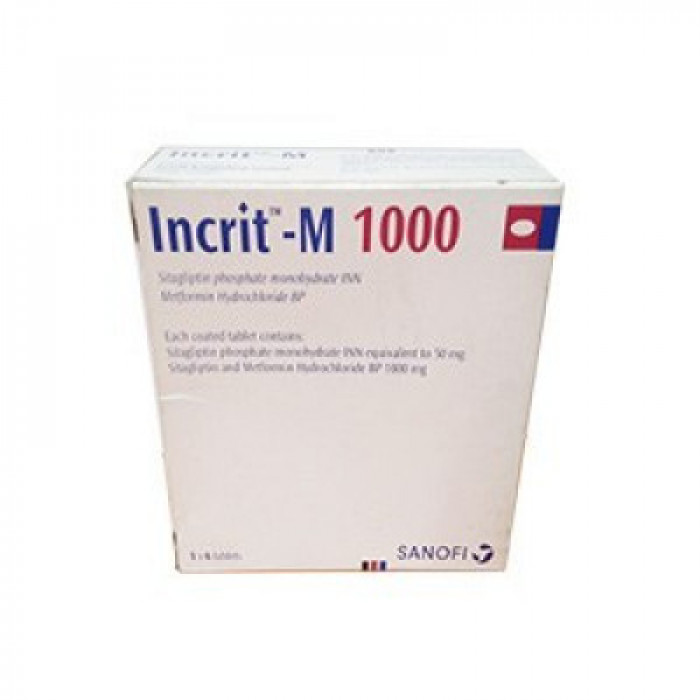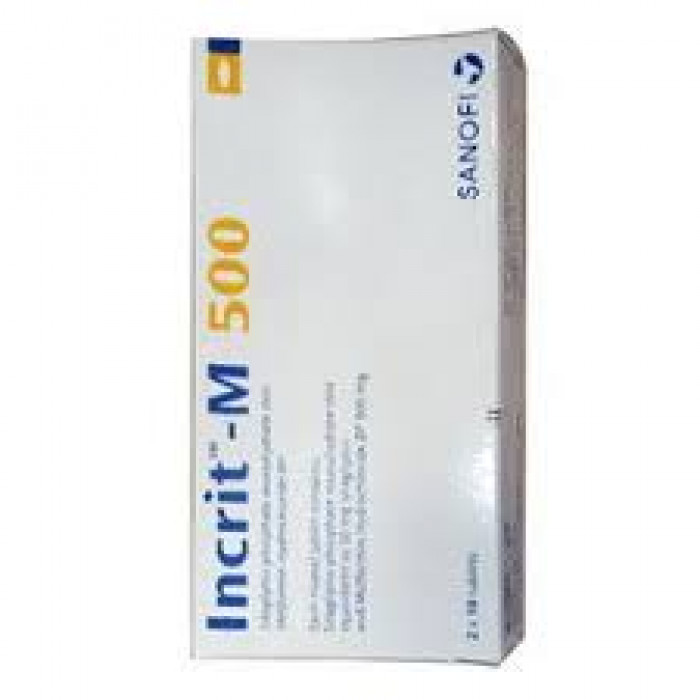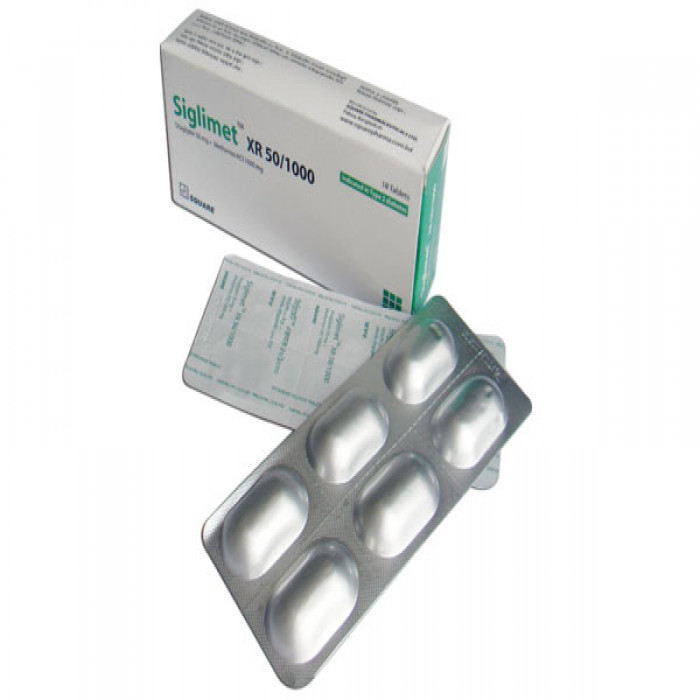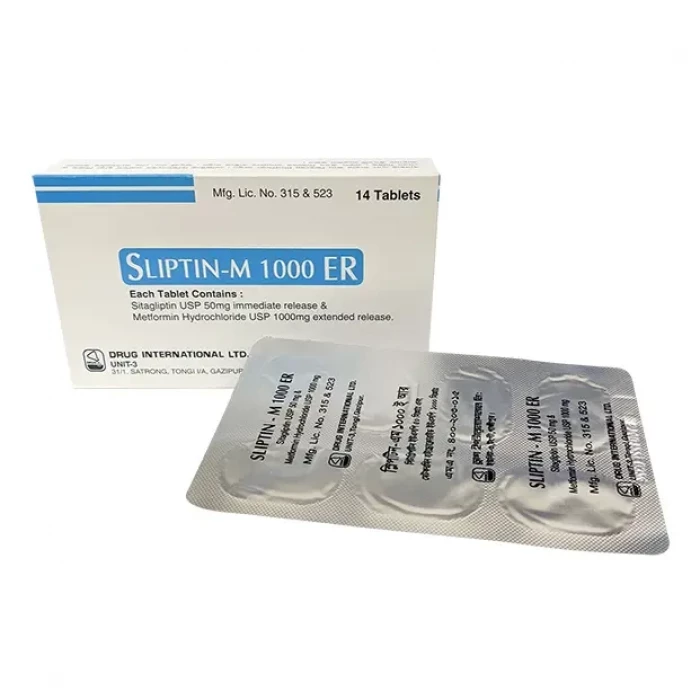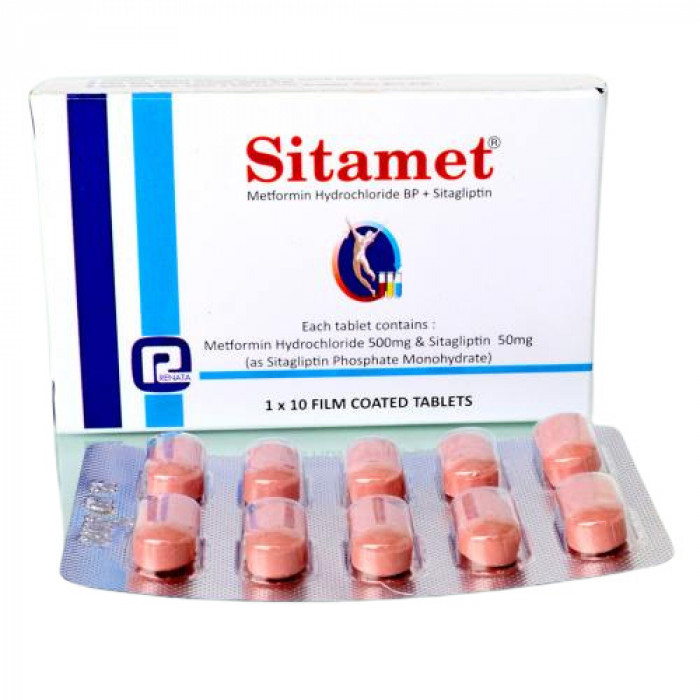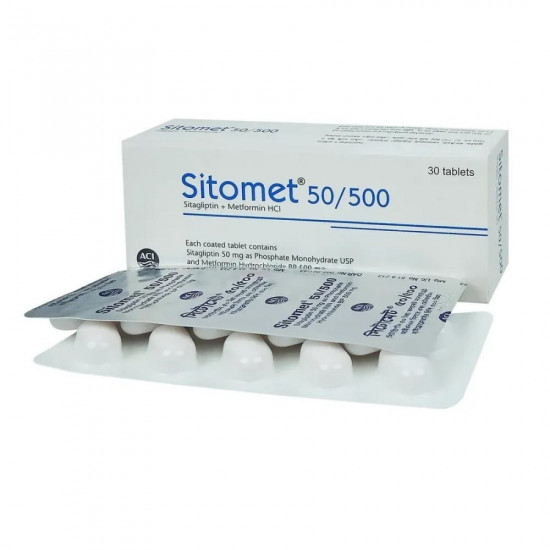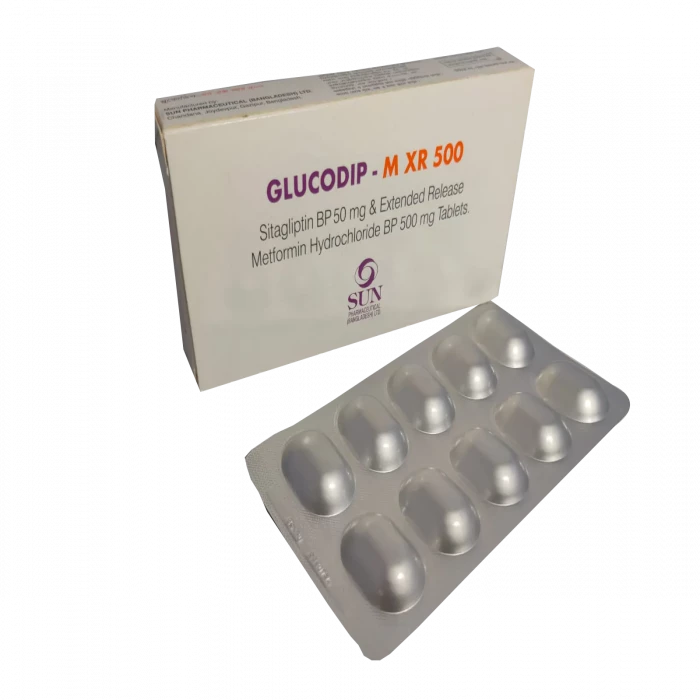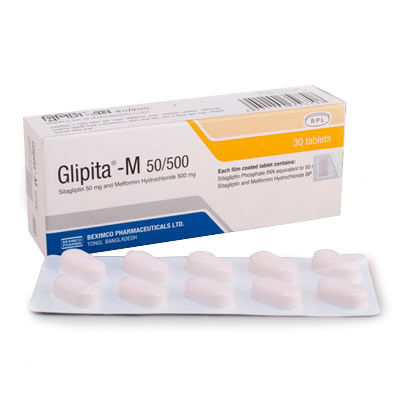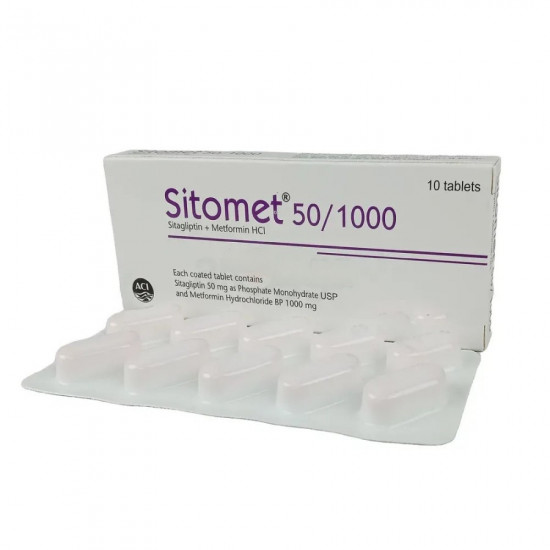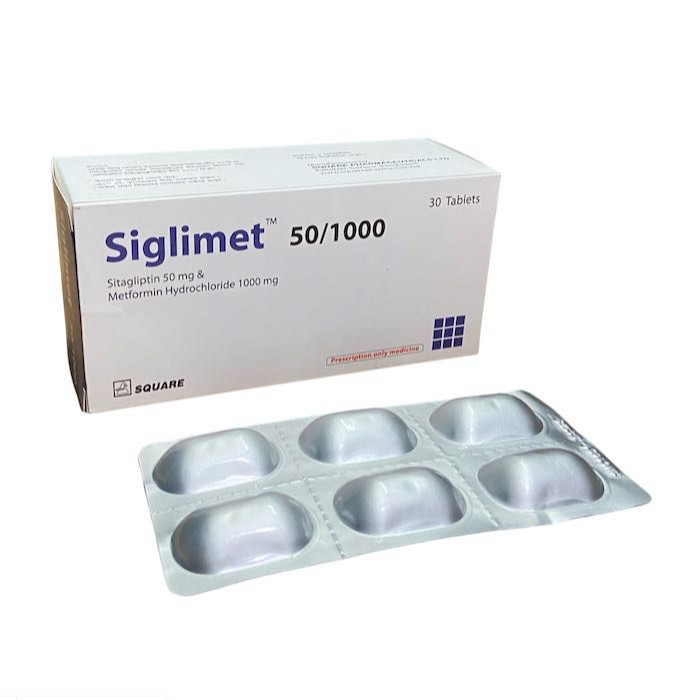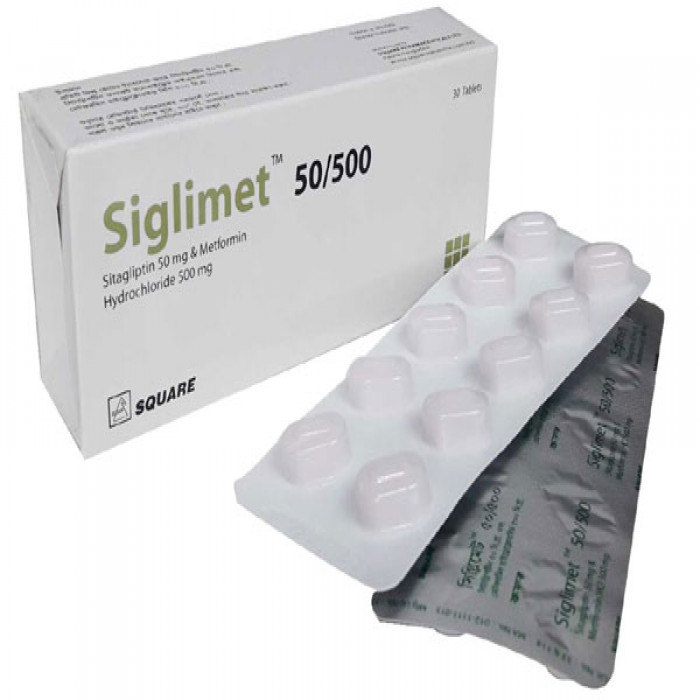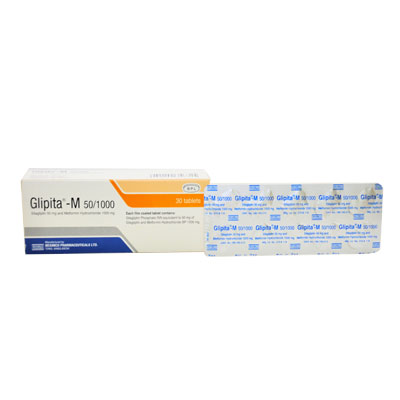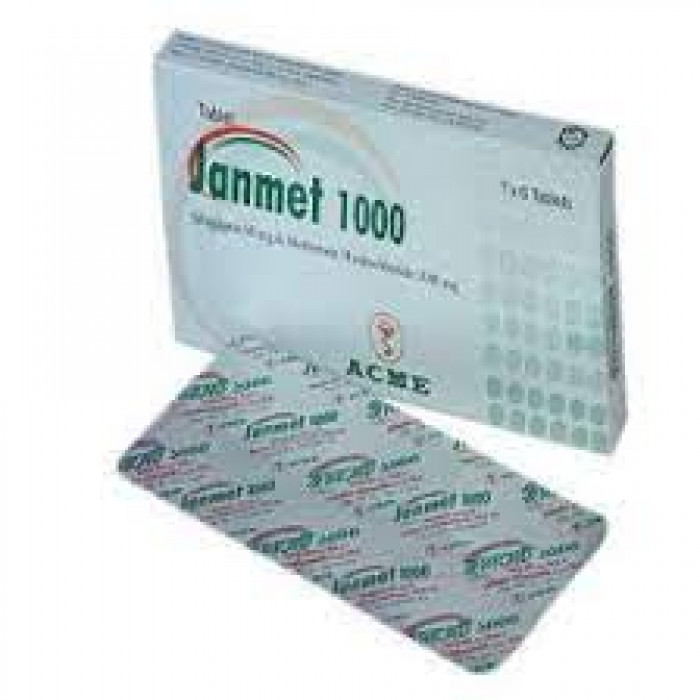
✔ 100% Authentic Product
👁️ Currently Viewing 3269
Janmet 1000mg Tablet
Janmet 1000mg Tablet is used in addition to diet and exercise to improve blood sugar control in adults with type 2 diabetes.
Discount
Price: ৳ 197
MRP:
৳
207.5
5%
Off

100% Genuine Products, Guaranteed

Safe & Secure Payments, Always

Fast, Secure & Efficient Delivery

Proper Packaging
 Cash on Delivery - All over Bangladesh
Cash on Delivery - All over Bangladesh Regular Delivery - 12-24 Hours, Dhaka City* Charge Tk.39-59
Regular Delivery - 12-24 Hours, Dhaka City* Charge Tk.39-59 Regular Delivery - 24-48 Hours, Other Cities* Charge Tk.99-110
Regular Delivery - 24-48 Hours, Other Cities* Charge Tk.99-110
🌙 রমযান অফার 🌙
 ফ্রি ডেলিভারিঃ - ৭৯৯ টাকা+ অর্ডারে, ঢাকা
শহরে
ফ্রি ডেলিভারিঃ - ৭৯৯ টাকা+ অর্ডারে, ঢাকা
শহরে ফ্রি ডেলিভারিঃ - ২৭৯৯ টাকা+ অর্ডারে, ঢাকার
বাহিরে
ফ্রি ডেলিভারিঃ - ২৭৯৯ টাকা+ অর্ডারে, ঢাকার
বাহিরে
📲 মোবাইল অ্যাপ অর্ডারে সাশ্রয় বেশী
-
Google Play Store থেকে ডাউনলোড
-
Apple Store থেকে ডাউনলোড
100% Genuine Products, Guaranteed
Safe & Secure Payments, Always
Fast, Secure & Efficient Delivery
Proper Packaging
 Cash on Delivery - All over Bangladesh
Cash on Delivery - All over Bangladesh Regular Delivery - 12-24 Hours, Dhaka City* Charge Tk.39-59
Regular Delivery - 12-24 Hours, Dhaka City* Charge Tk.39-59 Regular Delivery - 24-48 Hours, Other Cities* Charge Tk.99-110
Regular Delivery - 24-48 Hours, Other Cities* Charge Tk.99-110 ফ্রি ডেলিভারিঃ - ৭৯৯ টাকা+ অর্ডারে, ঢাকা
শহরে
ফ্রি ডেলিভারিঃ - ৭৯৯ টাকা+ অর্ডারে, ঢাকা
শহরে ফ্রি ডেলিভারিঃ - ২৭৯৯ টাকা+ অর্ডারে, ঢাকার
বাহিরে
ফ্রি ডেলিভারিঃ - ২৭৯৯ টাকা+ অর্ডারে, ঢাকার
বাহিরে- Google Play Store থেকে ডাউনলোড
- Apple Store থেকে ডাউনলোড
🌙 রমযান অফার 🌙
📲 মোবাইল অ্যাপ অর্ডারে সাশ্রয় বেশী
✅ Description:
Sitagliptin+Metformin Hydrochloride is a combination medication that includes Sitagliptin (a DPP4 inhibitor) and Metformin (a Biguanide), both of which belong to the class of anti-diabetic drugs. This combination is used to treat type 2 diabetes, a condition characterized by either inadequate insulin production or resistance to insulin's effects in the body. When not properly managed, it can lead to elevated blood sugar levels.
Sitagliptin works as a DPP-4 inhibitor by increasing the levels of natural substances that help lower blood sugar when it's high. Metformin, on the other hand, is a biguanide that reduces glucose production in the liver, slows glucose absorption in the intestines, and enhances the body's responsiveness to insulin. Together, these mechanisms help prevent blood glucose levels from spiking excessively after meals.
To ensure the best results and minimize side effects, it's recommended to take Sitagliptin+Metformin Hydrochloride with food and at the same time each day. Your doctor will determine the appropriate dose based on your condition, and this dosage may be adjusted over time.
Hypoglycemia (low blood sugar) is a common side effect of Sitagliptin+Metformin Hydrochloride, and it can manifest with symptoms such as dizziness, sweating, palpitations, hunger, dry mouth, and skin. To prevent hypoglycemia, it's important not to skip meals and to carry a source of sugar with you.
Other potential side effects may include changes in taste, nausea, diarrhea, stomach pain, headache, and upper respiratory symptoms.
Do not discontinue Sitagliptin+Metformin Hydrochloride without consulting your doctor, even if you start feeling better, as blood sugar levels can fluctuate. Abruptly stopping this medication may lead to increased sugar levels, which could raise the risk of complications such as retinopathy (eye damage), nephropathy (kidney damage), and neuropathy (nerve damage).
This medication is not suitable for individuals with type 1 diabetes mellitus or severe kidney or liver disease. Inform your doctor if you have any heart conditions, are pregnant, planning to become pregnant, or are breastfeeding while taking Sitagliptin+Metformin Hydrochloride. Always follow your healthcare provider's guidance for the best management of your diabetes.
Safety Advices

Alcohol
UNSAFE
It is considered unsafe to consume alcohol while taking Janmet 1000. Alcohol can affect blood glucose levels and may interfere with the medication's effectiveness.

Pregnancy
CONSULT YOUR DOCTOR
- Janmet 1000 is generally considered safe to use during pregnancy. Animal studies have shown low or no adverse effects on the developing baby.
- However, there are limited human studies, so it should be used during pregnancy only if clearly needed.
- Pregnant women should consult their doctor before using this medication.

Breastfeeding
CONSULT YOUR DOCTOR
- Janmet 1000 is probably safe to use during breastfeeding based on limited human data.
- It does not represent a significant risk to the baby.
- Breastfeeding women should consult their doctor before using this medication.

Driving
CAUTION
- Caution is advised while driving if your blood sugar is too low or too high.
- Do not drive if you experience symptoms of low blood sugar.

Kidney
CONSULT YOUR DOCTOR
- Janmet 1000 should be used with caution in patients with kidney disease.
- Dose adjustment may be necessary, and regular monitoring of kidney function is advisable.
- It is not recommended for use in patients with severe kidney disease.

Liver
CONSULT YOUR DOCTOR
- Janmet 1000 is probably safe to use in patients with liver disease.
- Limited data suggest that dose adjustment may not be needed in these patients.
- However, it's important to consult your doctor if you have liver issues.
✔️ Uses of Janmet 1000mg Tablet
- Type 2 diabetes Mellitus
✔️ How does Janmet 1000mg Tablet work?
- Janmet 1000 contains two antidiabetic medicines: Sitagliptin and Metformin.
- Sitagliptin helps the pancreas produce more insulin, facilitates insulin use by the body, and reduces excess sugar production by the liver.
- Metformin reduces hepatic glucose production, decreases intestinal glucose absorption, and increases peripheral glucose uptake.
✔️ Side Effects of Janmet 1000mg Tablet
Common adverse reactions include diarrhea, upper respiratory tract infection, headache, hypoglycemia, nausea/vomiting, flatulence, stomach discomfort, indigestion, asthenia, and headache.
✔️ Quick Suggestions:
- To reduce the risk of having an upset stomach, it's advisable to take Janmet 1000mg Tablet with food. This can help minimize any gastrointestinal discomfort that may occur as a side effect.
- Compared to some other diabetes medicines, Janmet 1000mg Tablet is associated with a lower risk of weight gain and low blood sugar (hypoglycemia). However, it's essential to monitor your blood sugar levels regularly and follow your doctor's instructions to maintain stable glucose levels.
- If you are scheduled to undergo surgery under general anesthesia, it's crucial to inform your doctor about your diabetes treatment. They can provide guidance on managing your blood sugar levels before, during, and after the surgery to ensure your safety and well-being.
- Lactic acidosis is a rare but serious condition that may occur with Janmet 1000mg Tablet. If you experience symptoms such as deep or rapid breathing, persistent nausea, vomiting, and stomach pain, contact your doctor immediately. Lactic acidosis is characterized by an excess of lactic acid in the blood and requires prompt medical attention.
✔️ Indications:
This medication is used as an adjunct to diet and exercise to improve glycemic control in adults with type 2 diabetes mellitus when treatment with both sitagliptin and metformin is appropriate. It should not be used in patients with type 1 diabetes or for the treatment of diabetic ketoacidosis. It has not been studied in patients with a history of pancreatitis.
✔️ Pharmacology
Janmet 1000mg Tablet combines two antihyperglycemic agents with complementary mechanisms of action to improve glycemic control in patients with type 2 diabetes. Sitagliptin is a dipeptidyl peptidase-4 (DPP-4) inhibitor that slows the inactivation of incretin hormones, leading to increased insulin release and decreased glucagon levels in a glucose-dependent manner. Metformin, on the other hand, reduces hepatic glucose production, decreases intestinal glucose absorption, and increases peripheral glucose uptake and utilization.
✔️ Dosage & Administration of Janmet 1000mg Tablet
The dosage of this tablet should be individualized based on the patient's current regimen, effectiveness, and tolerability, not exceeding the maximum recommended daily doses of 100 mg sitagliptin and 2000 mg metformin. It is typically given twice daily with meals, with gradual dose escalation to reduce gastrointestinal side effects associated with metformin.
The recommended starting dose in patients not currently treated with metformin is 50 mg sitagliptin/500 mg metformin hydrochloride twice daily. The starting dose in patients already on metformin should provide 50 mg sitagliptin twice daily (100 mg total daily dose) and the current metformin dose. For patients taking metformin 850 mg twice daily, the recommended starting dose of this tablet is 50 mg sitagliptin/1000 mg metformin hydrochloride twice daily.
✔️ Interaction
There are potential interactions with cationic drugs, phenprocoumon, and levothyroxine. Caution is advised when using this medication in combination with these drugs.
✔️ Contraindications
This tablet is contraindicated in patients with renal disease or dysfunction, acute or chronic metabolic acidosis, a history of serious hypersensitivity reactions to this tablet or sitagliptin, and during radiologic studies involving intravascular administration of iodinated contrast materials.
✔️ Pregnancy & Lactation
Use during pregnancy is recommended only if clearly needed, and caution should be exercised when used by nursing women as it is not known whether sitagliptin is excreted in human breast milk.
✔️ Precautions & Warnings
Lactic acidosis is a potential risk, especially in conditions like sepsis, dehydration, excess alcohol intake, hepatic impairment, renal impairment, and acute congestive heart failure. Regular monitoring of thyroid-stimulating hormone (TSH) levels and vitamin B12 levels is recommended. It should be temporarily discontinued during periods of stress and reduced fluid and food intake. Caution is advised in cases of hypersensitivity reactions, and the drug should be discontinued if severe reactions occur.
✔️ Storage Conditions
Store below 25°C in a dry place away from light and keep out of the reach of children.
⚠️Disclaimer:
At ePharma, we’re committed to providing accurate and accessible health information. However, all content is intended for informational purposes only and should not replace medical advice from a qualified physician. Please consult your healthcare provider for personalized guidance. We aim to support, not substitute, the doctor-patient relationship.




